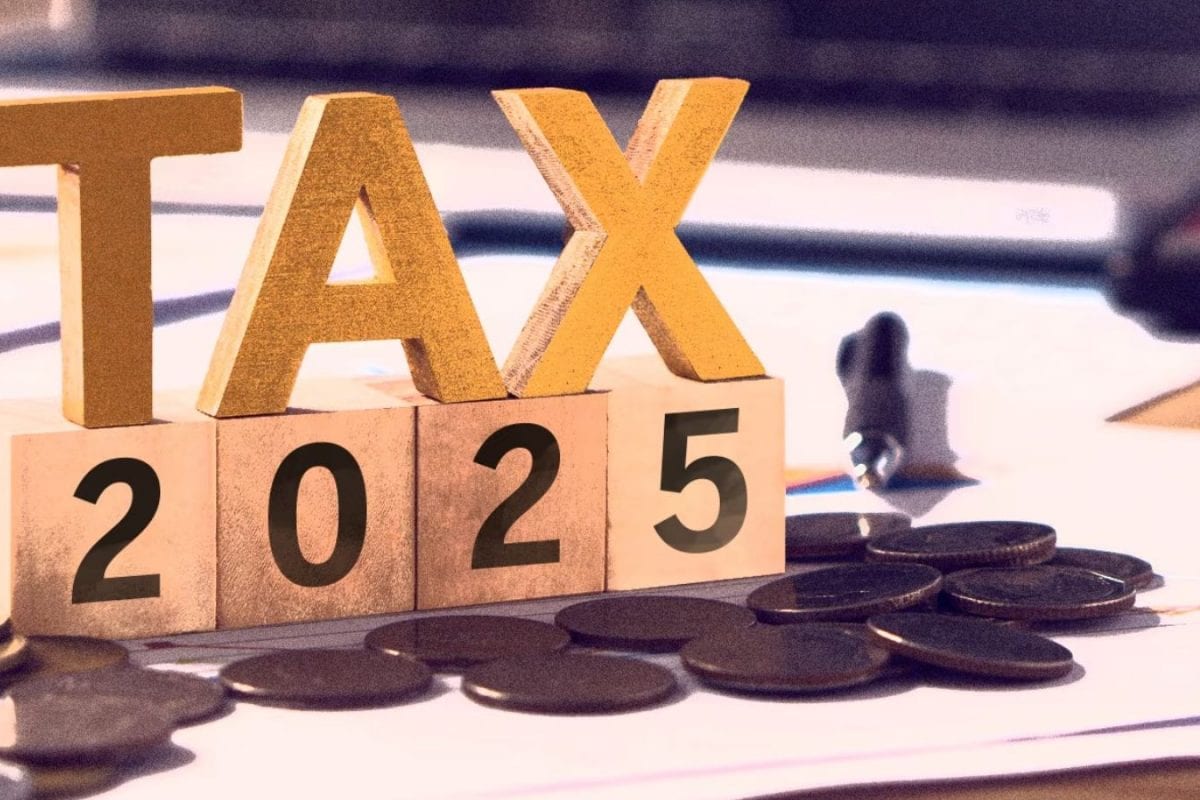

Filing Income Tax Returns (ITR) can often be confusing, especially when it comes to understanding the various deadlines. For the financial year 2024-25 (Assessment Year 2025-26), the "due date" and the "last date" are two terms that taxpayers need to understand clearly to avoid penalties and ensure compliance.
Understanding the Due Date
The due date is the original deadline set by the Income Tax Department for filing your ITR. For FY 2024-25, the initial due date for individuals and non-audit cases was July 31, 2025. However, this date has been extended to September 15, 2025, for individuals and non-audit cases. This extension was granted by the Central Board of Direct Taxes (CBDT) due to significant revisions in the ITR forms and the time needed to update and test the associated systems. The due date for companies that do not require an audit is October 31, 2025. Companies engaging in international or specified domestic transactions that require them to furnish a report in Form No. 3CEB u/s section 92E have a due date of November 30, 2025.
Missing the due date can lead to several consequences, including:
The Concept of the Last Date
The "last date" for filing ITR is essentially the final opportunity to file your return for a given assessment year. If you miss the due date of September 15, 2025, you can still file a belated return. The last date to file a belated ITR for FY 2024-25 (AY 2025-26) is December 31, 2025.
However, filing a belated return comes with its own set of consequences:
Updated Return
Taxpayers can also file an updated return (ITR-U). The deadline for filing updated income tax returns has been extended from 24 months to 48 months from the end of the relevant assessment year. Therefore, for AY 2025-26, the last date to file ITR-U is March 31, 2030.
Key Considerations for ITR Filing
The extension of the ITR filing deadline to September 15, 2025, provides taxpayers with additional time to comply with their tax obligations. However, it is crucial to understand the difference between the due date and the last date to avoid penalties and ensure a smooth filing process. Filing your ITR on time, accurately, and with proper e-verification will help you stay compliant and avoid unnecessary complications.